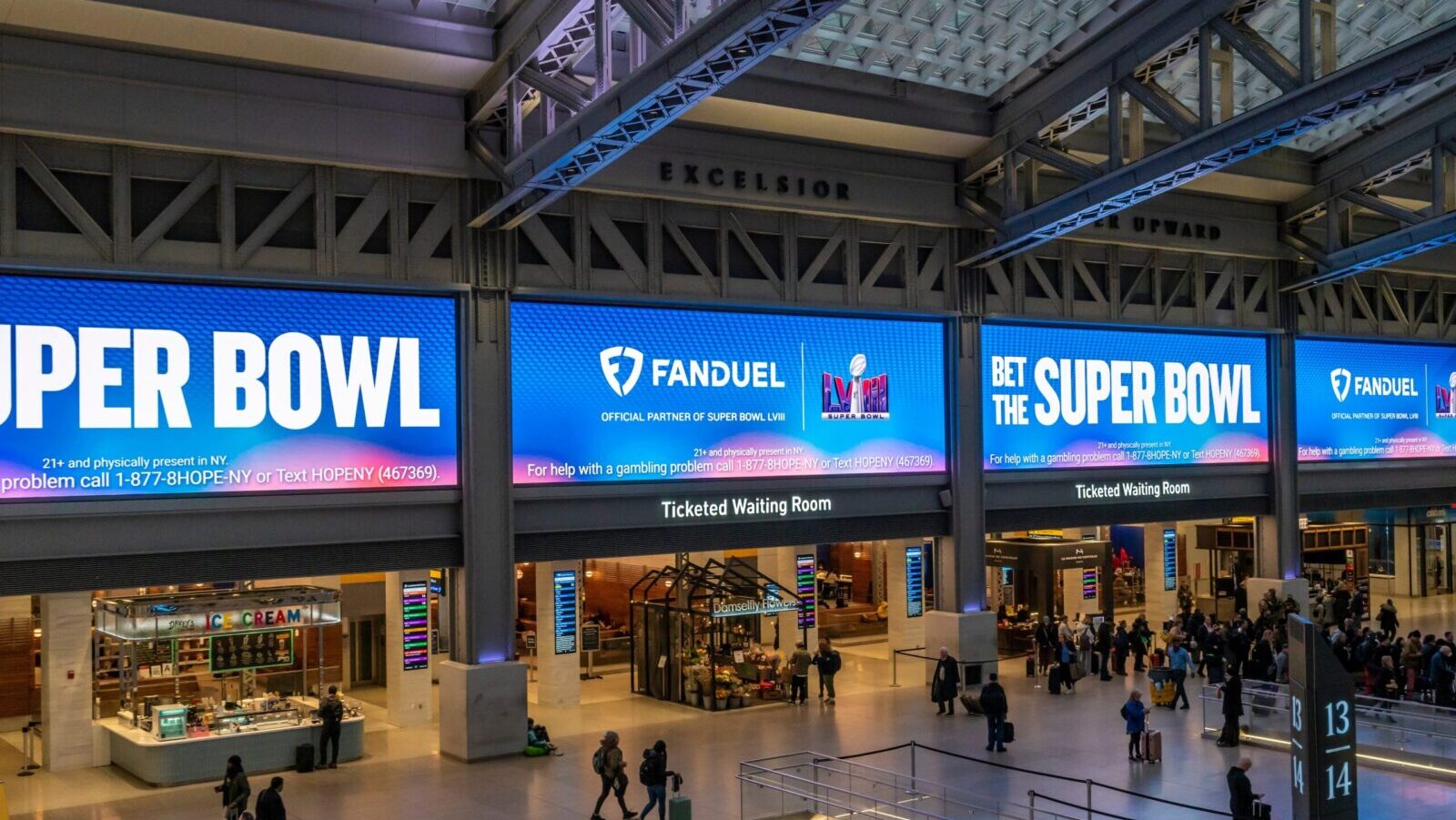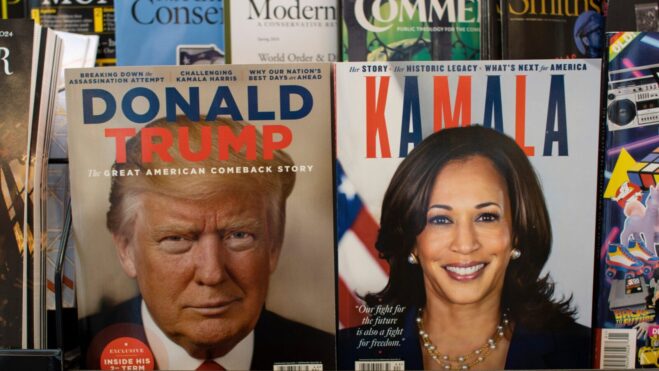Massachusetts Commission Absorbs Results Of Gambling Advertisement Study, Researchers’ Recommendations For Protection
The researcher made several suggestions, including limiting celebrity endorsements and preventing ads for higher-risk forms of gambling.
2 min

In a recent open meeting held by the Massachusetts Gaming Commission (MGC), the commissioners heard findings from a School of Public Health and Health Sciences at the University of Massachusetts Amherst (SEIGMA) report into gambling advertising. The researchers who created the report concluded that problem gamblers are likely to gamble more when exposed to high volumes of advertising and recommended some changes to current regulations to protect players.
During the meeting, as reported by the CommonWealth Beacon, researcher Rachel Volberg outlined to the committee that “advertising generally emphasizes the positive experiences of use and downplays potentially negative aspects. The amount of positive advertising completely swamps any advertising on risks or on the availability of help.”
To help combat this negative effect of misrepresenting gambling, Volberg made several suggestions, including limiting celebrity endorsements, preventing advertising of higher-risk forms of gambling, and limiting gaming commercials that support “good causes.”
Volberg also recommended monitoring social media advertising — though this can be harder to regulate — and felt any commercials for bonuses shouldn’t emphasize time limits or urgency.
The commissioners respond
Commissioner Eileen O’Brien raised concerns about banning celebrity endorsements, commenting, “Europe bans celebrity endorsements, and there’s a question of — given cross-state jurisdictions and how that works in terms of advertising — what we can do.”
Volberg admitted the study had limitations. The report relied on any available gambling data, a literature review, and online panel surveys over several years, starting in 2014. She noted that those who filled out the online surveys were people who gamble frequently rather than a cross-section of the Massachusetts population.
However, Volberg argued this “can be a feature, not a bug,” with more access to people who have experienced gambling problems helping them “to understand those problems in a much more fine-grained way than we can with the population surveys.”
In response to Volberg’s findings, Commissioner Brad Hill highlighted that limiting gambling advertising is challenging as it can push players to illegal alternatives. “What is it we really can do that would benefit the consumer, but at the same time, as we’ve already talked about, not push them into the illegal market?” he asked.
The report found that the number of respondents in the Bay State who said they use illegal sportsbooks jumped from 4% in 2022, when sports betting was illegal, to 18% when the state allowed licensed sports betting platforms to launch.
Commissioner Nakisha Skinner suggested the data was incomplete, saying, “Early on, when sports wagering launched in Massachusetts, there was this inundation, this over-saturation of advertising. And so I’m really interested in digging into what the landscape is today — if there’s a way to measure the intensity now, the frequency now, and really tie that to what effect that may have on problem gamblers in our future discussions. About how to move forward, I just think that there’s some data that we don’t have in order to understand the big picture here.”
Last month, the MGC initiated another study to investigate the impact of iGaming on public health, with a focus on the behavioral patterns of iGaming participants compared to those engaged in other forms of gambling and the impact of problem gambling on people under 25 in the state.





